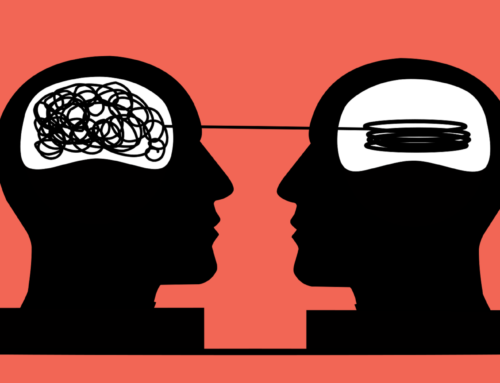According to the National Institute of Mental Health (NIMH), 4.4 percent of the population of the United States will have bipolar disorder at one point in their lives.
Another 16.2 million, or around 6.7 percent of all U.S. adults, will experience at least one episode of severe depression in their lives.
While the precise causes of such, often debilitating, psychiatric conditions remain unknown, scientists do know that both genes and the environment play a role.
For instance, a recent study identified 44 genetic loci thought to raise the risk of depression, while another has suggested that 80 percent of schizophrenia risk can be attributed to genes.
New research that now appears in the journal Frontiers in Microbiology highlights the fact that environmental factors such as viruses may be the driving force behind these disorders.
An international team of scientists led by Bhupesh Prusty — from the Department of Microbiology at the University of Würzburg in Germany — discovered that in the brains of people who lived with bipolar and major depression, a class of neurons called Purkinje cells was infected with the herpesvirus HHV-6A.
– Ana Sandoiu
Read more: Herpes Virus May Lead to Bipolar, Depression







Leave A Comment